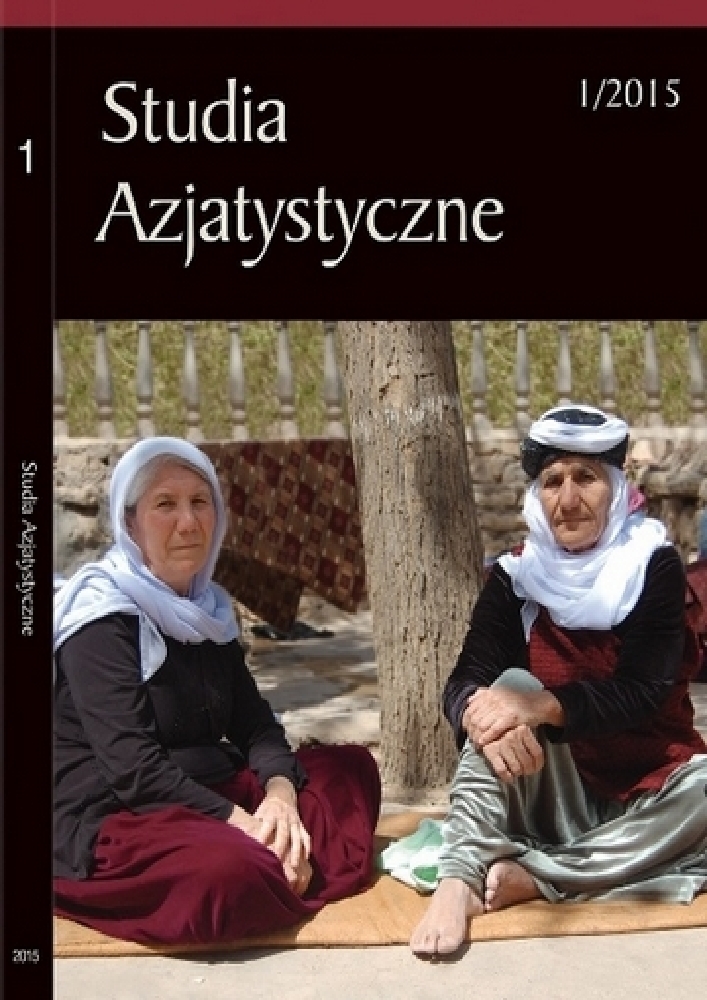Abstrakt
1965 is the date that has been disregarded in the recent history of Indonesia and the world. Gerakan 30 September (30th September Movement), self-appointed organization consisting of representatives of the Indonesian army carried out a failed coup on October 1, 1965, killing six generals. The same day evening the Movement fell and Partai Komunis Indonesia (Indonesian Communist Party) was blamed. In the following weeks communists and their supporters began to be removed from public life being arrested and murdered. The 1965 purges have been read in the West as a victory over communism. In Indonesia they remained taboo for almost half of the century.The paper focuses on showing how the events of 1965 are shown in today's Indonesia and in the word. For Papermoon Puppet Theatre 1965 is a key to understand the past, present and future of their homeland. For Oppenheimer meeting with former criminals has provided an opportunity to make the film about the political system in which genocide was erased from the collective memory of those who survived, and the offenders remain unpunished.
Bibliografia
Anderson, Benedict, Ruth T. McVey. 2009. A Preliminary Analysis of the 1 October 1965, Coup in Indonesia. Singapore: Equinox Publishing.
Bonczol, Łukasz. 2012. Zrozumieć Indonezję. Nowy Ład generała Suharto. Warszawa: Dialog.
Cribb, Robert, Audrey Kahin. 2004. Historical Dictionary of Indonesia. Lanham, Maryland: Scarecrow Press.
Geertz, Clifford. 1960. The Religion of Java. Chicago: University of Chicago Press.
Irvine, David. 1996. Leather Gods & Wooden Heroes. Singapore: Times Editions.
Ricklefs, Merle C. 2001. A History of Modern Indonesia. Stanford: Stanford University Press.
Vickers, Adrian. 2005. A History of Modern Indonesia. Cambridge: Cambridge University Press.
Źródła internetowe
Papermoon Puppet Theatre [oficjalna strona teatru], http://www.papermoonpuppet.com/2008/05/noda-lelaki-didada-mona_18.html, dostęp: 20.10.2012.
Roosa, John. 2010. Dictionary of a Disaster, Inside Indonesia 99, http://www.insideindonesia.org/feature-editions/dictionary-of-adisaster, dostęp: 6.09.2014.
Sobolewski, Tadeusz, Paweł T. Felis. 2014. „Scena zbrodni” – piękny film o zabijaniu. Rozmowa z reżyserem, Gazeta Wyborcza, http://wyborcza.pl/1,75475,15544490,_Scena_zbrodni____piekny_film_o_zabijaniu__Rozmowa.html, dostęp: 6.09.2014
Licencja

Ten utwór jest dostępny na licencji Creative Commons Uznanie autorstwa 4.0 Międzynarodowe.
